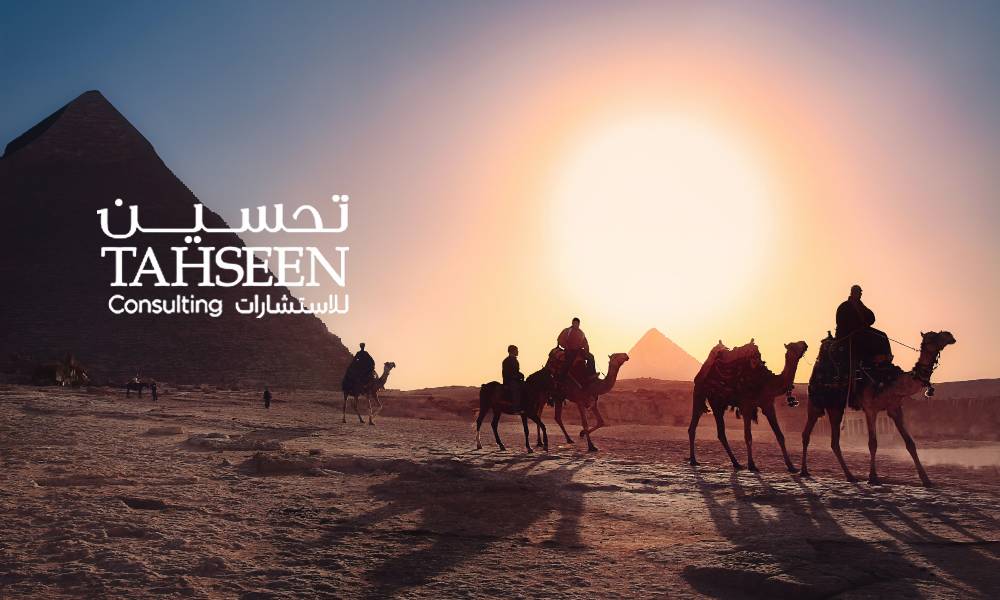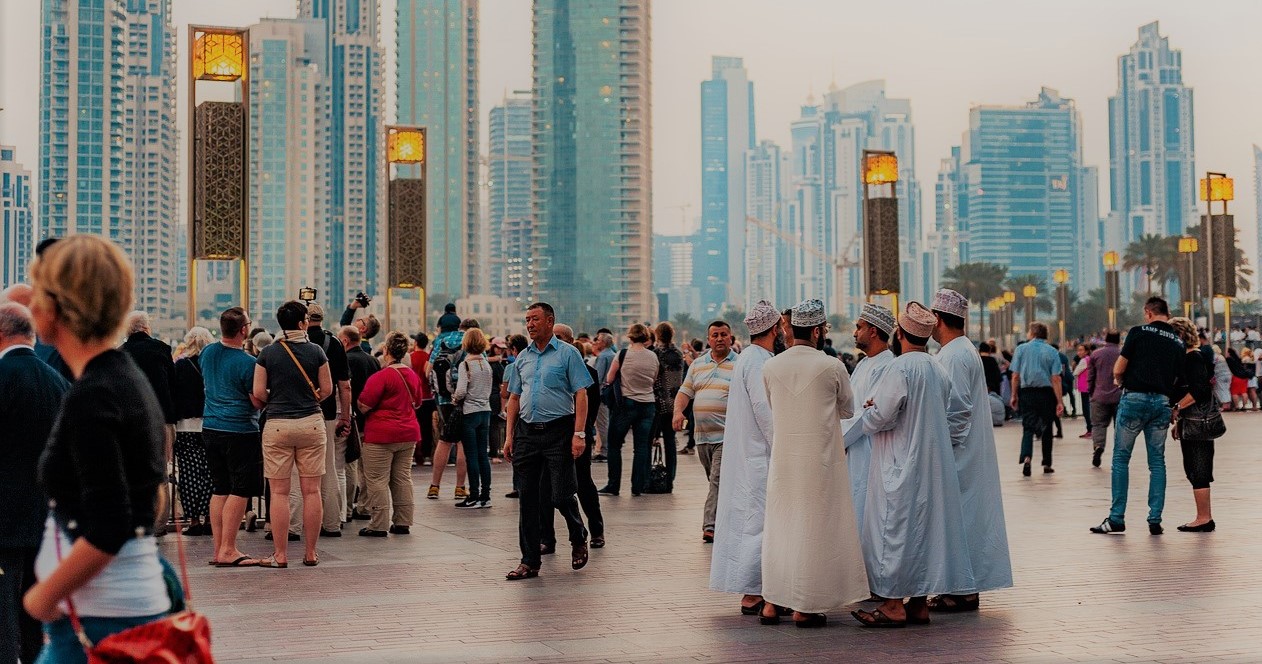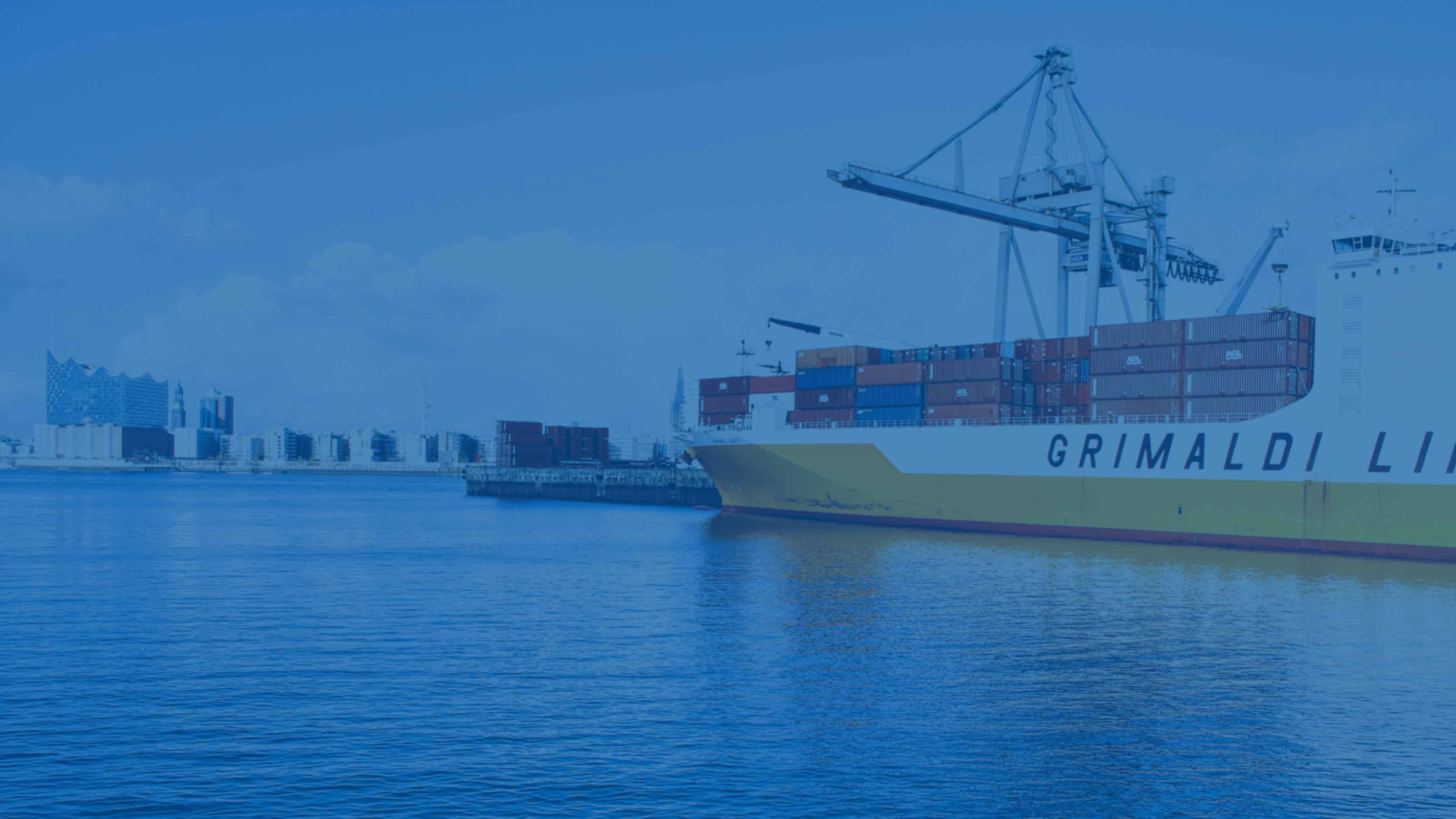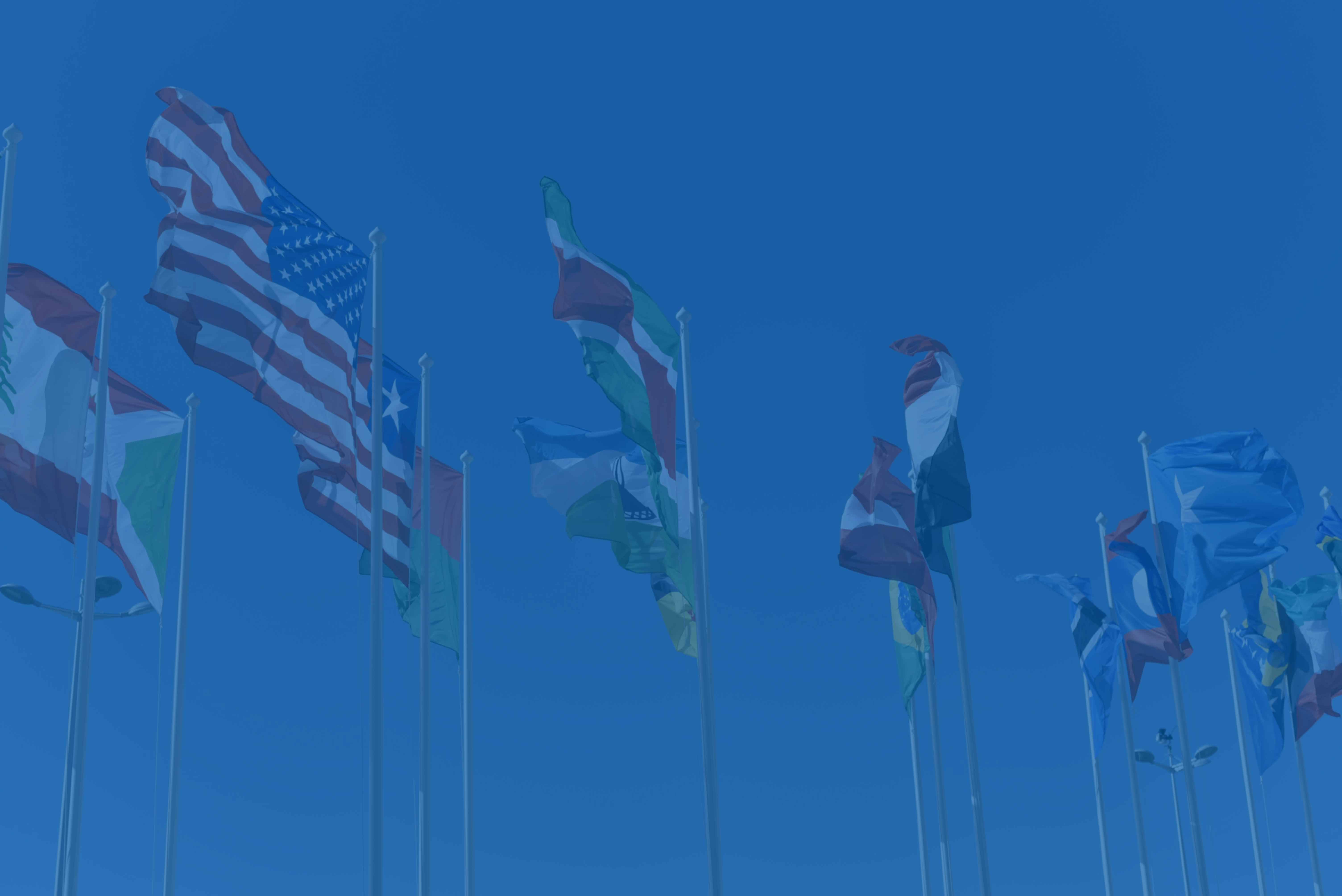The MENA, African, and South Asian economies are converging
- North Africa is starting to orient itself more towards sub-Saharan Africa, and Egypt is beginning to see its sub-Saharan trade and investment ties as more important
- GCC countries are increasingly leveraging diplomacy to position themselves for Africa’s future growth
Egypt played a key role in ratifying and operationalizing the African Continental Free Trade Area agreement. Despite their significant investments in Africa, the agreement left the Gulf Cooperation Council countries on the sidelines a bit and shifted the regional power balance towards a more inwardly looking pan-African approach. This new found self-reliance has pushed Gulf Cooperation Council countries to be more assertive in their trade and investment development approaches than historically to preserve their influence in Africa’s evolving growth story.
Both regions have rapidly growing digital economies fueled by high internet growth rates, rising middle classes, and increased interest in building sustainable entrepreneurships ecosystems. With 60% of Africa’s population and 46% of the Arab World’s population under 24, both regions have young, increasingly digitally connected populations.
Africa has the highest global internet growth rate, while the Arab World has the 2nd highest. For this reason, technology cooperation will be high on the agenda of trade and investment talks. Very few MENA startups consider Africa in scaling plans - Jumia and Swvl are the only prominent examples of MENA startups which have entered Sub Saharan Africa.
There have been significant efforts by UAE and Africa to collaborate on tourism, infrastructure, oil, gas, mining, energy, transport, logistics, and ports in particular. The UAE is the 2nd largest foreign direct investor in Africa, trailing only China. The UAE is the leading exporter and importer of goods to several African countries focused on diversifying its trade and business interests away from the extractive sector
Despite their significant investments in Africa, the agreement left the Gulf Cooperation Council countries on the sidelines a bit and shifted the regional power balance towards a more inwardly looking pan-African approach.
































